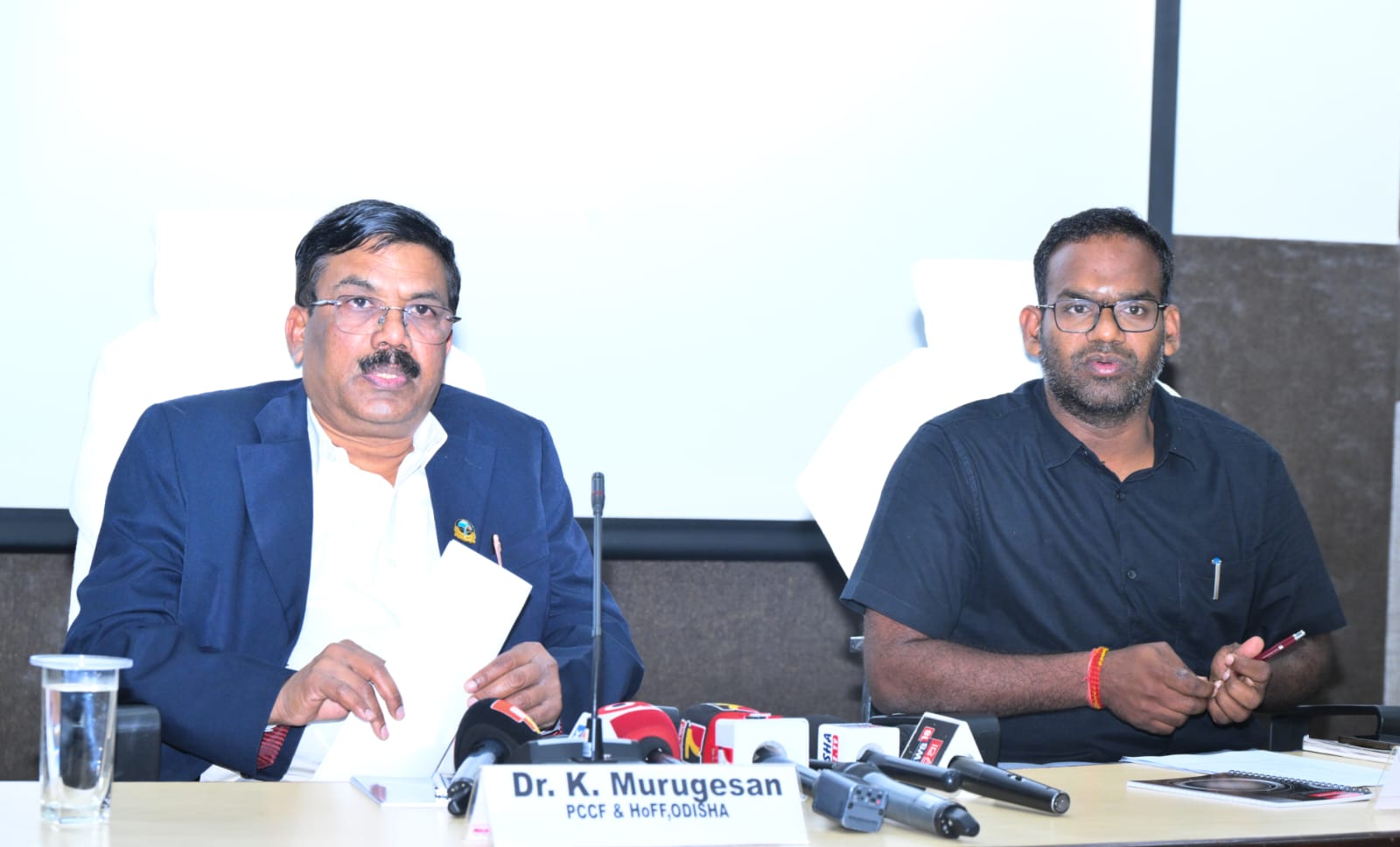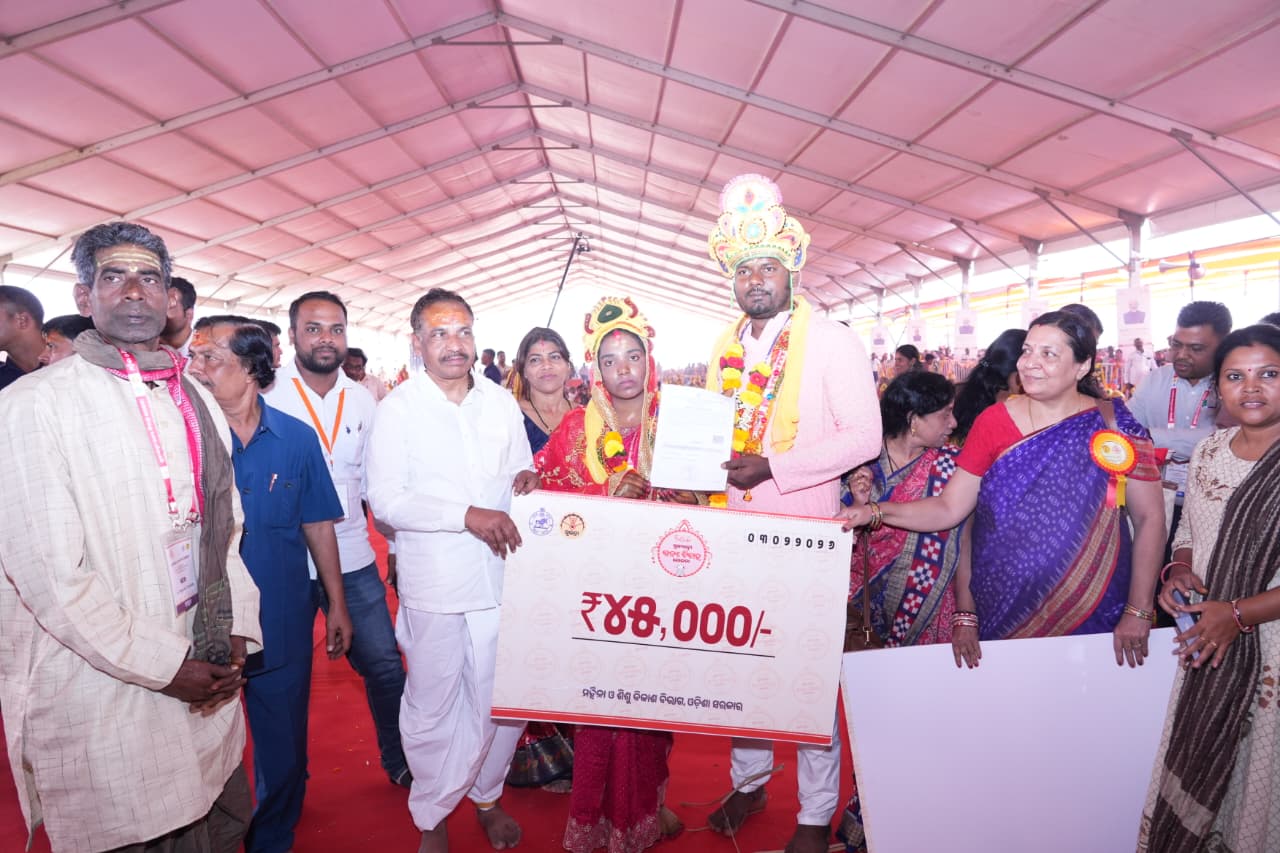Bhubaneswar: The “UK-India Strategic Trade Workshop: Strengthening Millets Value Chains (State, National, and Global)” was successfully held at Krushi Bhavan, Bhubaneswar, jointly organised by the University of York and the Department of Agriculture and Farmers’ Empowerment, Government of Odisha. The workshop aimed to explore ways to enhance Shree Anna (millets) value chains at the state, national, and global levels, with a focus on promoting innovations and expanding production.
The event featured four focused sessions. The first session delved into cutting-edge technologies and innovations for expanding Shree Anna production, both domestically and internationally. It was followed by a discussion on strategies to boost millet markets in India and abroad. The third session shone a light on tribal and community entrepreneurship, underlining the role of indigenous communities in millet cultivation. The final session explored the policy frameworks and support mechanisms necessary to strengthen the Shree Anna value chain.
Dr. Arabinda Kumar Padhee, Principal Secretary of the Department of Agriculture and Farmers’ Empowerment, Government of Odisha, highlighted the importance of this collaboration between India and the UK, stating, “This multi-stakeholder workshop is a crucial platform for sharing knowledge and best practices to significantly enhance the Shree Anna value chain. Millets will play a vital role in ensuring food security and sustainability, and we aim to position Odisha as a hub for Shree Anna in India.”
Professor Sonal Choudhary from the University of York opened the workshop by outlining its key objectives. The discussions revolved around positioning Odisha as an international hub for millet production, examining its current status and future potential. Challenges in adopting new technologies, such as seed and post-harvest innovations, along with advancements in GIS-Remote Sensing Modelling and Data Analytics, were also explored. Participants emphasized the importance of tribal knowledge in millet farming, highlighting how traditional practices contribute to sustainable agriculture.
Key government policies and incentives aimed at bolstering millet production and trade were discussed, with an emphasis on the need for stronger policy frameworks to support the sector’s growth.
The workshop brought together representatives from leading institutions and organisations, including the University of York, University of Manchester, Infosys UK, i369 Innovation, Indian Institute of Millet Research, International Crops Research Institute for the Semi-Arid Tropics (ICRISAT), Go4Fresh, and M.S. Swaminathan Research Foundation. Indian organisations like the Centre for Sustainable Agriculture, Switch ON Foundation, Start-Up Odisha, and Shree Anna Abhiyan, Odisha, also shared their insights.
This collaborative effort is expected to provide a roadmap for future development in millet value chains, strengthening Odisha’s position in the global millet market and promoting sustainable agricultural practices for the future.





